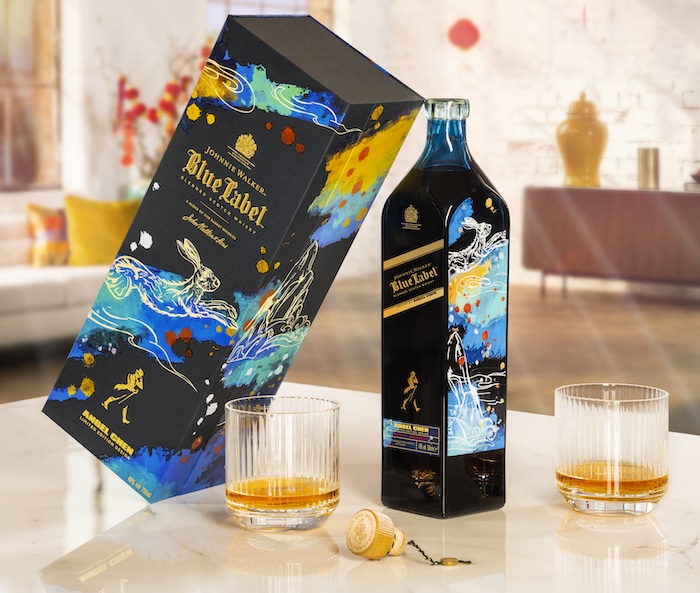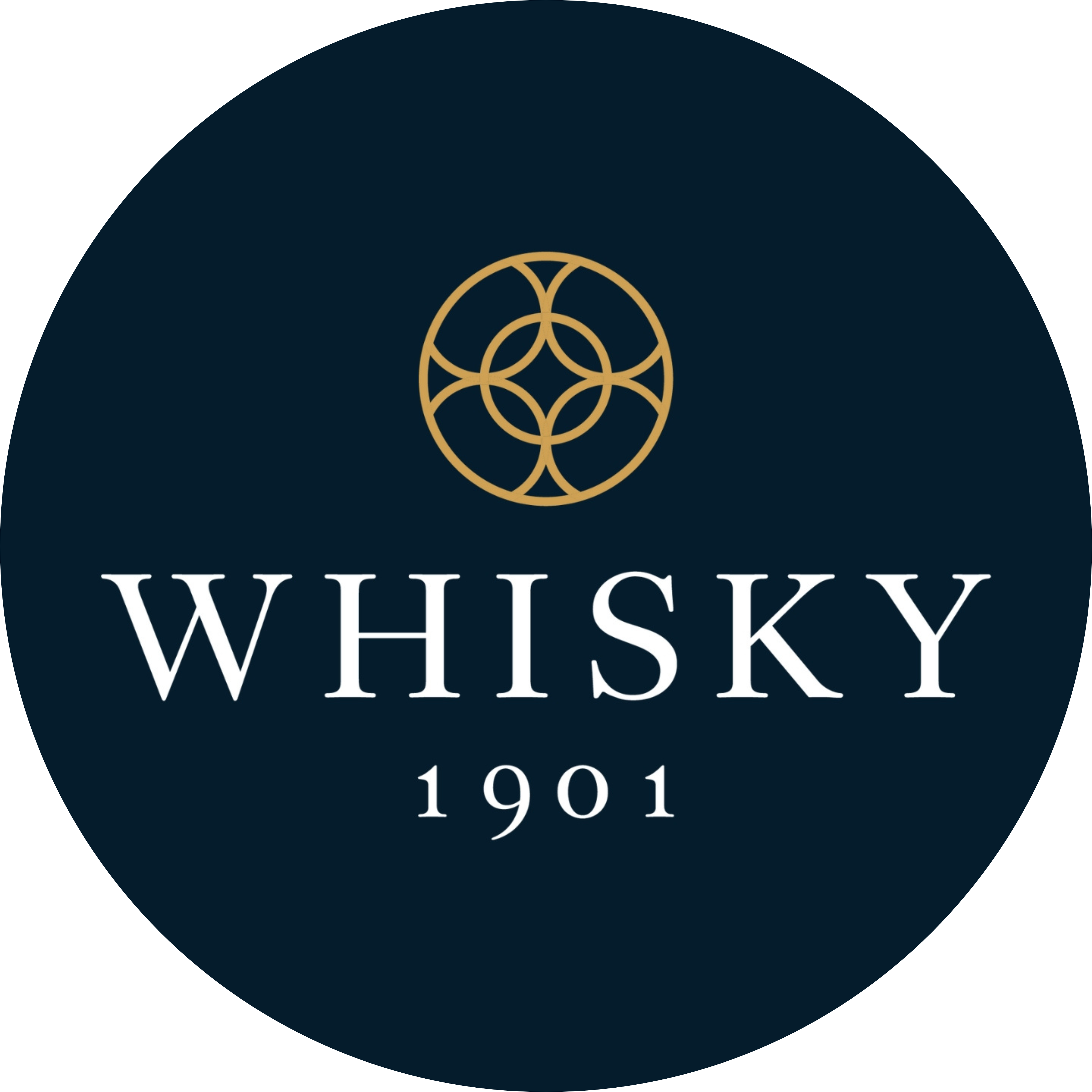1| 100 Pipers
This brand owned by Chivas Brothers is India’s favourite Scotch whisky. The blend was originally launched to the US market in 1965 and was created by then-Master Blender, Alan Ballie. The brand shows the Seagram’s name also, which is a hat tip to its previous ownership.
100 Pipers was later introduced India and has taken the market by storm. It is also hugely popular in South Korea and Thailand. One of the main single malts included in the blend is Allt-a-Bhainne from Speyside. Expect notes of tropical fruit, caramel and orange with a distinct malty and oak-like undertone.
2 | Johnnie Walker
The world-famous brand is the best-selling Scotch whisky on the planet. But it must settle for second place in India. The core range Red Label and Black Label dominate the statistics, while the premium Blue Label is seen as a sign of prestige and wealth in the business community and amongst the wealthy.
Johnnie Walker is seen everywhere in everyday life in India, from sporting events to prominent advertising. The walking man logo is a true world icon, but this particularly hits home in India. Blue Label is luscious, velvety and elegant with a fabulous combination of sweetness, green fruit and wisps of delicate peat smoke.
3 | Chivas Regal
In third place is Chivas Regal, the classic Scotch whisky blend from Chivas Brothers. The brothers John and James Chivas began blending whisky from their grocery store in Aberdeen during the mid-1800s. Chivas Regal first appeared in 1909, and the rest is history as they say. It is now one of the world’s leading whisky brands.
Chivas Regal is known for is rich, sweet and fruity style with a heavy emphasis on the use of Speyside single malts within the blend. For example, the classic 12 Years Old exhibits notes of green apple, toffee and caramel married with raisin, sultana and milk chocolate. Some underlying baking spices add extra depth and complexity.
4 | Ballantine’s
The dominance of Chivas Brothers, the Scotch whisky wing of Pernod Ricard, is shown with three brands in the Top Five for sales. Ballantine’s generally offers a lighter and more delicate flavour profile. This particularly suits the warm climate, be it dry and hot or wet and humid.
Ballantine’s Finest is the core product and easily the best-selling bottling for the brand. And by a considerable distance. When in India a couple of years ago, it was literally everywhere. Finest is packed with green apple, pear and dried grass-like notes with a lovely vanilla sugary sweetness backing everything up. Perfect on the rocks.
5 | Dewar’s
Another famous name in the world of Scotch whisky blending is Dewar’s. This was founded in 1846 by John Dewar, who owned a wine and spirits store in Perth. Like John and James Chivas (and John Walker and George Ballantine for that matter), Dewar started blending whiskies from local distilleries to create his blends.
The Dewar’s White Label is iconic and the flagship whisky in the range. It was created in 1899 by then-blender A. J. Cameron and the recipe has remained largely the same ever since. One of the key ingredients is single malt from the Highland distillery of Aberfeldy. Expect malty sweetness, vanilla and plenty of green apple, with a hint of apricot.





